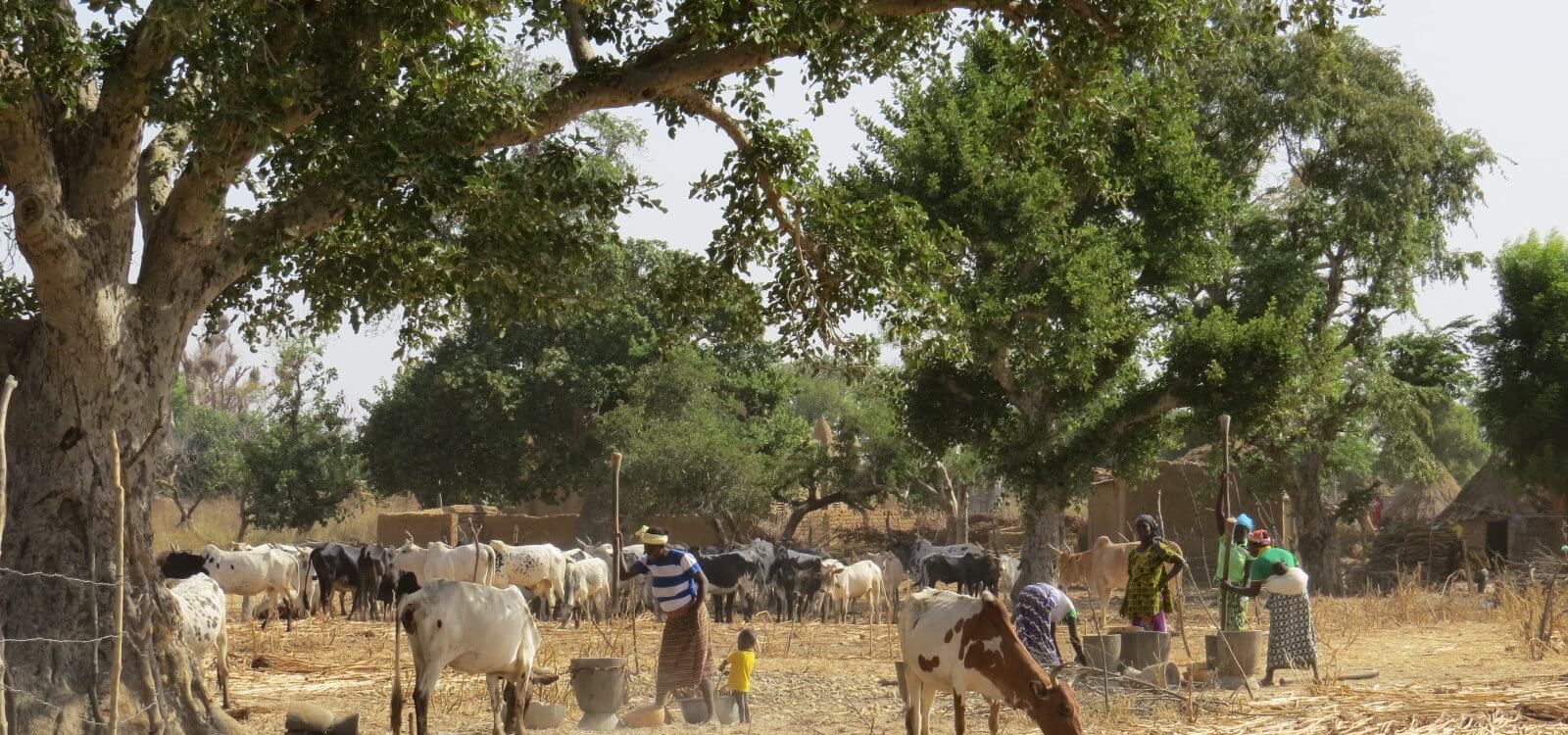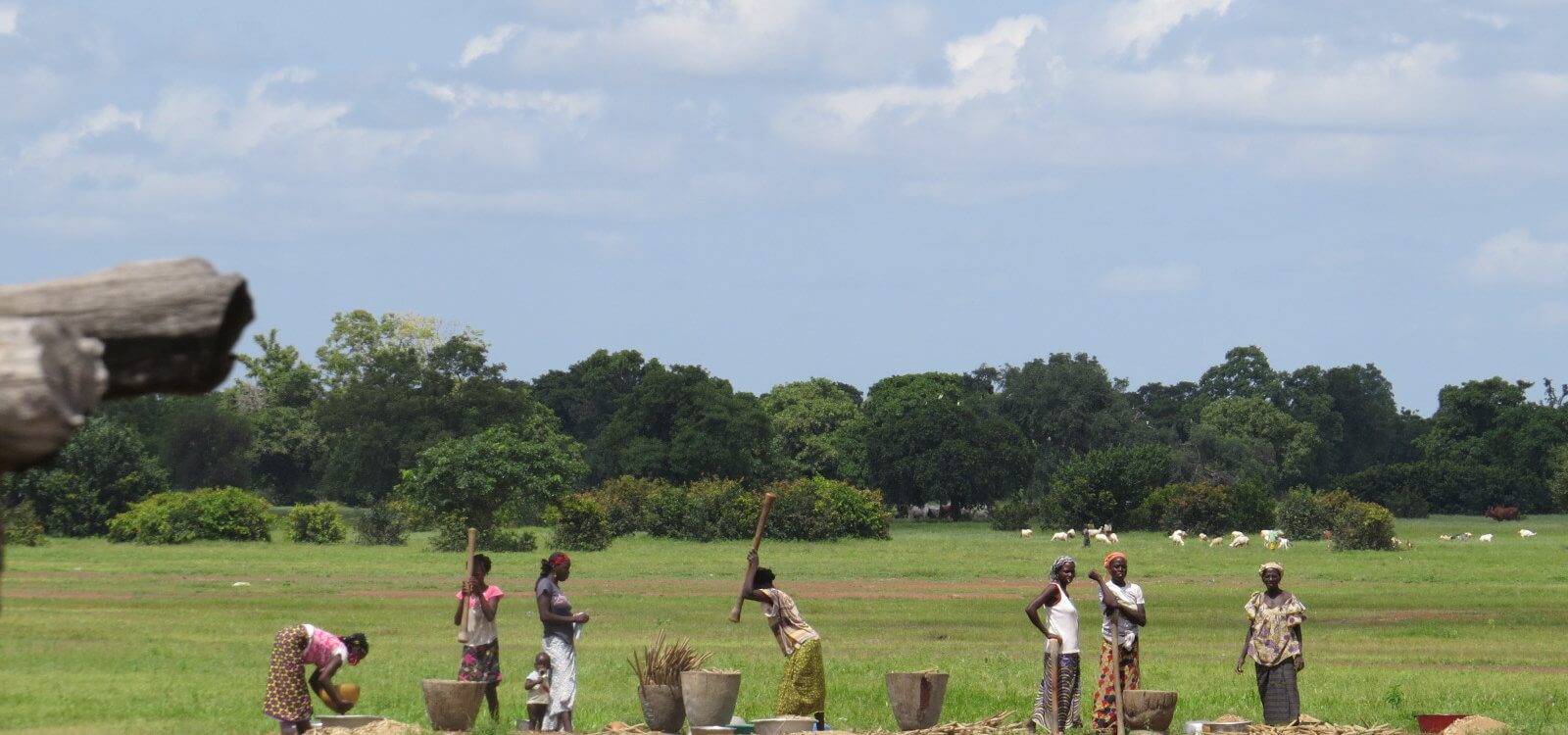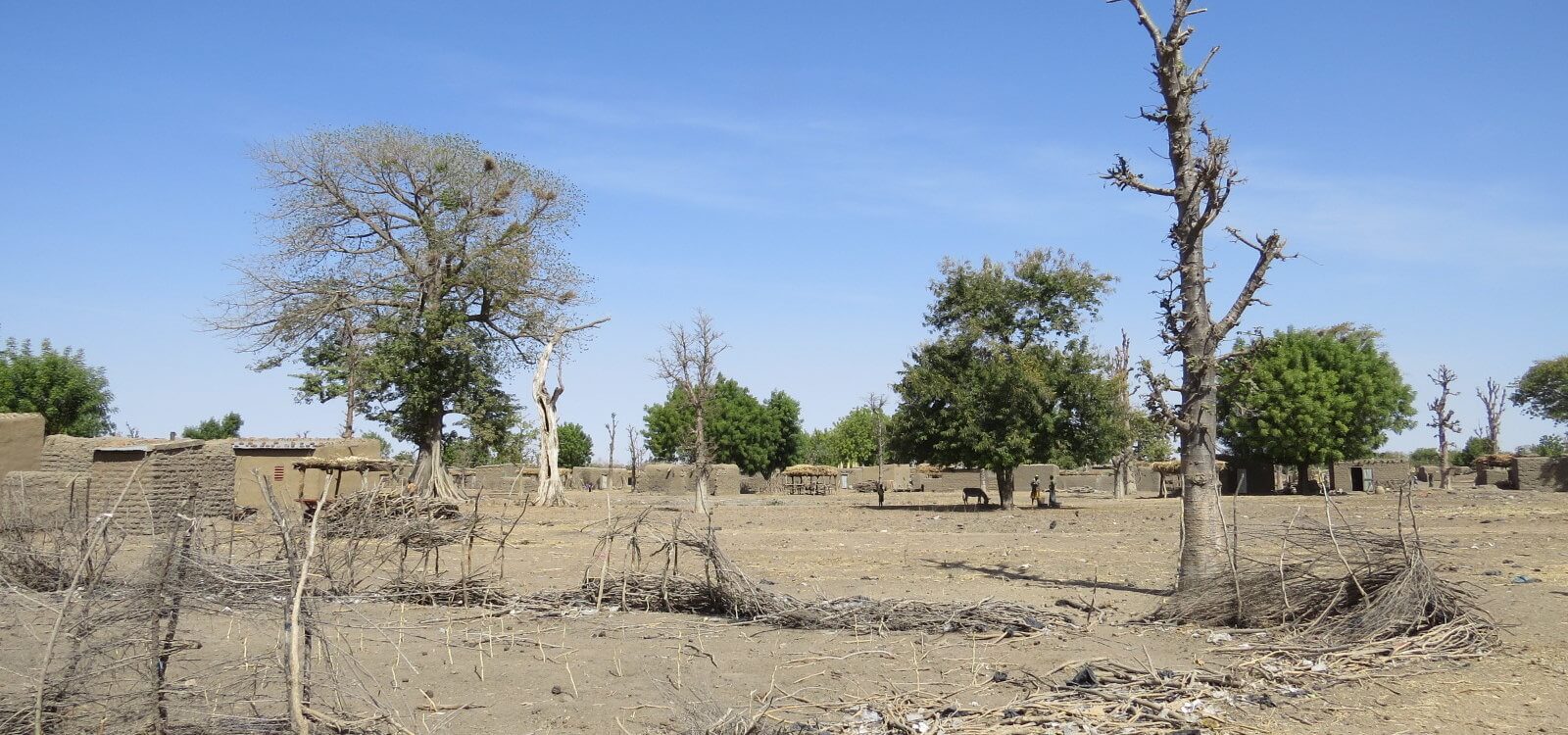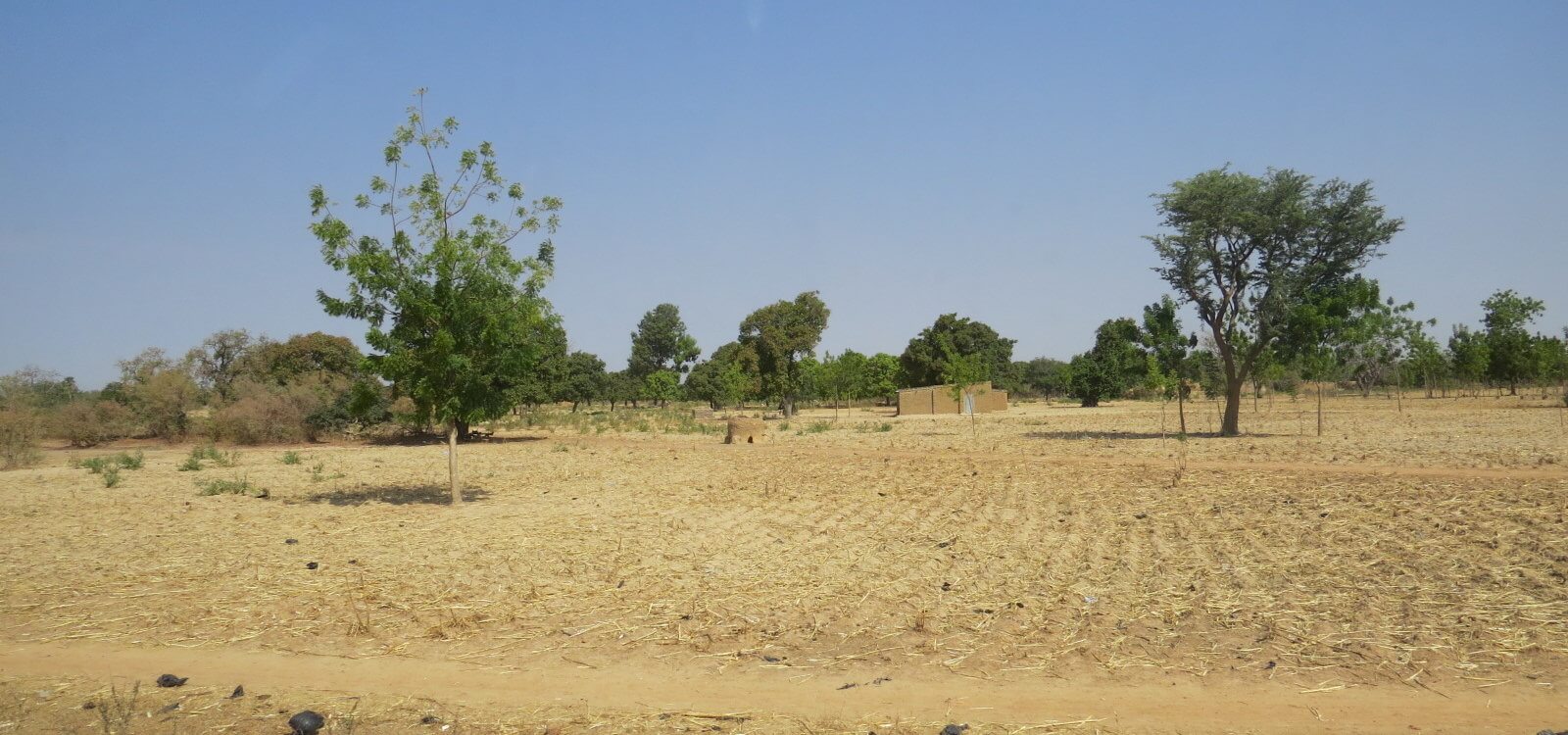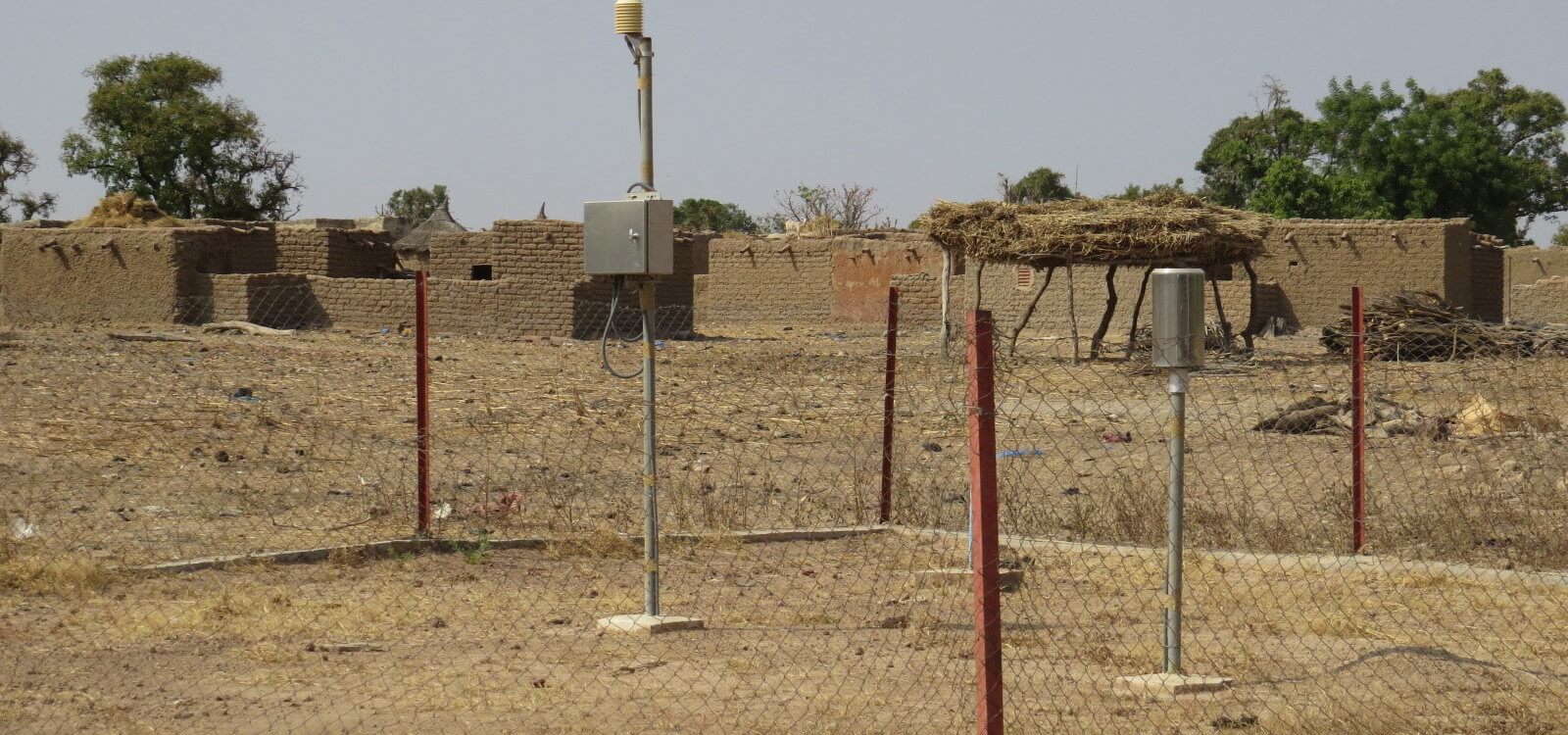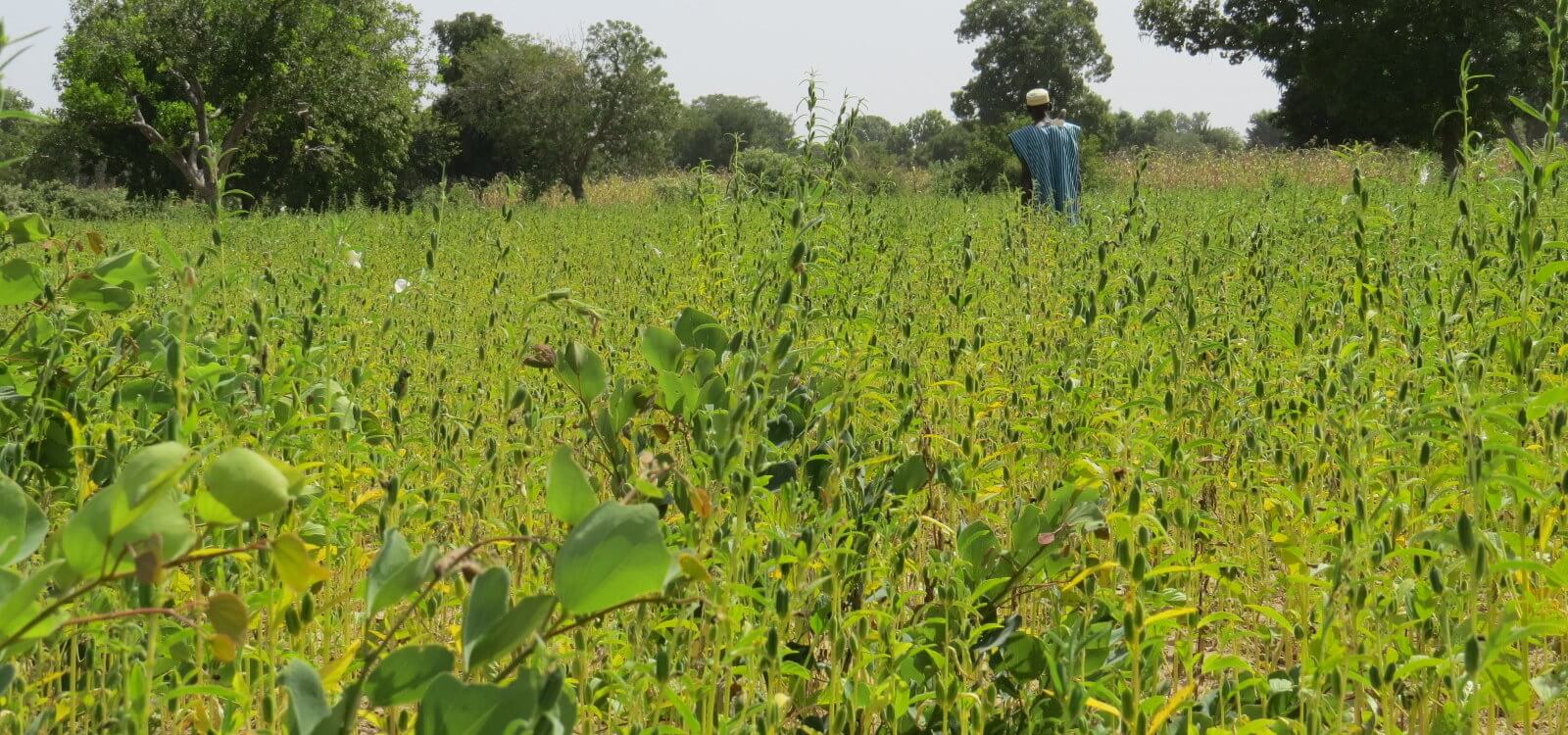Projects / P8



P8: Drivers, Patterns, and Health Consequences of Climate-Related Mobility
Climate change is increasingly recognized as a significant driver of human migration, particularly in regions where agricultural livelihoods are heavily dependent on weather conditions. In Sub‑Saharan Africa, communities face rising temperatures, erratic rainfall, and declining crop yields, all of which threaten food security and economic stability. In rural Burkina Faso, where populations are already vulnerable due to limited adaptive capacity, declines in crop productivity are contributing to increased migration.
According to the World Bank’s Groundswell report, Sub‑Saharan Africa could see as many as 86 million internal climate migrants by 2050, representing approximately 4.2 % of the region’s population (Riguad et al, 2018). Currently, an estimated 7.7 million people across 82 countries are living in internal displacement due specifically to weather‑related hazards, including in Africa, as of the end of 2023 (ref, year). These figures reflect a growing trend: climate change is already prompting movement, and this migration is projected to escalate significantly in the coming decades.
While migration may serve as an adaptive response to environmental change, it also exposes people to elevated health risks – such as poor living conditions, infectious diseases, and limited access to healthcare services. To date, longitudinal studies linking environmental change, migration dynamics (including distance, duration, and motivation), and health outcomes remain scarce.
Our research will leverage Health and Demographic Surveillance System (HDSS) data, together with climate records and migration and health histories, to examine the complex relationships between climate variability and migration patterns. By analysing temporal changes, we aim to identify exposure‑response linkages between climate stressors (such as water scarcity and crop failure) and migration behaviour.
A key objective is to provide evidence that supports climate‑resilient, low‑carbon, migrant‑inclusive health system planning – particularly for communities on the move. This includes designing interventions that ensure migrants access essential healthcare without increasing carbon footprints, while also enhancing resilience to climate shocks in both sending and receiving locations.
Ultimately, our goal is to inform climate‑sensitive health and humanitarian planning across Sub‑Saharan Africa. By identifying how climate variability influences human mobility and subsequent health risks, we intend to guide health sector preparedness and adaptation strategies that protect mobile populations and strengthen health systems overall.
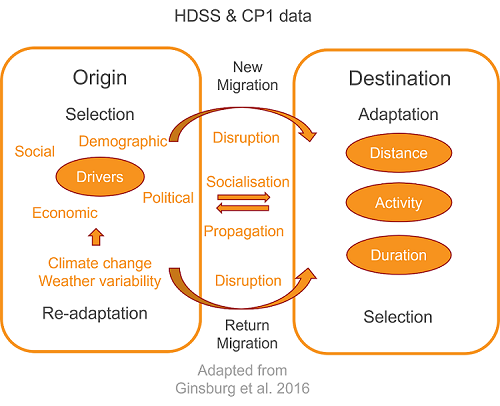

Principal Investigator (PI):
Prof. Joacim Rocklöv
Heidelberg Institute of Global Health (HIGH)
Universitätsklinikum Heidelberg
Interdiziplinaeres Zentrum für wissenschaftliches Rechnen (IWR)
Universität Heidelberg
Heidelberg, Germany
E-mail: joacim.rockloev@uni-heidelberg.de

Co-PI:
Dr. Ali Sié
Centre de Recherche en Santé de Nouna (CRSN)
Nouna, Burkina Faso
E-mail: sieali@yahoo.fr
Dr. Patricia Nayna Schwerdtle, Postdoc, HIGH
Dr. Michael Rogo Opata, Postdoc, HIGH
Pascal Zabre, candidate Dr. sc. hum., CRSN

